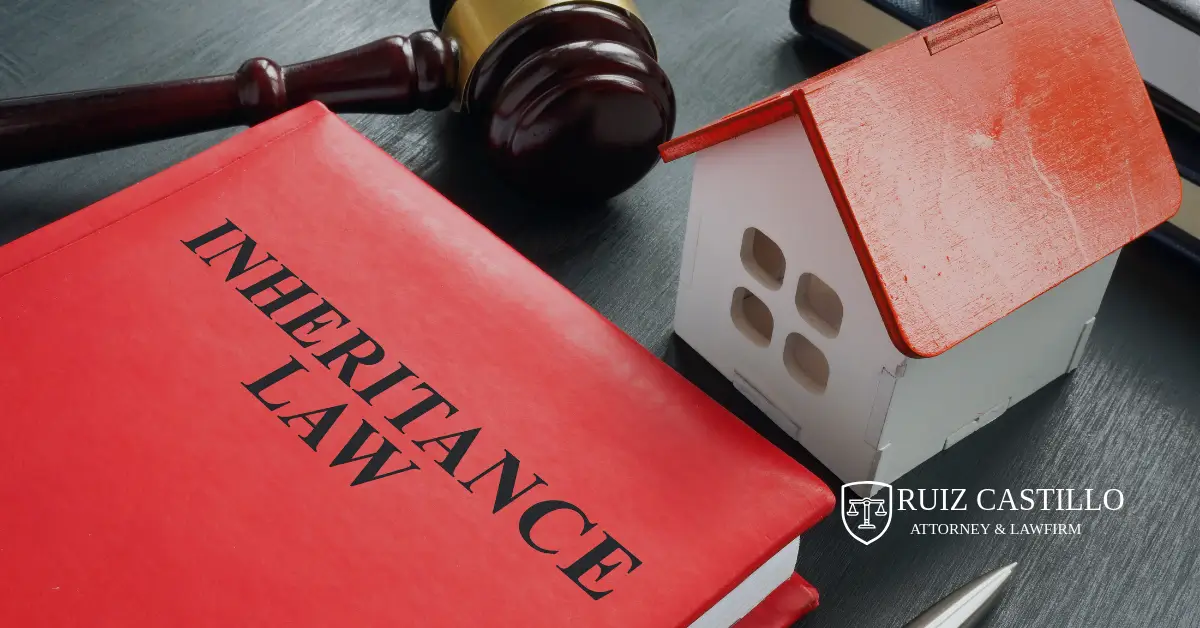
When moving to a new country like Spain, understanding the local laws is crucial for avoiding legal complications and ensuring a smooth transition. This guide provides an overview of the key laws every expat should know, from residency and work permits to property laws and taxes. Whether you are planning to live, work, or invest […]
Happy clients
Experience
Masters degrees
When moving to a new country like Spain, understanding the local laws is crucial for avoiding legal complications and ensuring a smooth transition. This guide provides an overview of the key laws every expat should know, from residency and work permits to property laws and taxes. Whether you are planning to live, work, or invest in property in Spain, staying informed about these laws will help you navigate life as an expat more easily.
Spain offers different types of residency permits based on the duration of your stay and the purpose of your visit. These include:
If you need assistance applying for either temporary or permanent residency, I, José María Ruiz Castillo, can help you ensure that your application is complete and compliant with Spanish regulations. Contact me directly for expert legal advice and services.
Read my in-depth article about legal rights and obligations of foreigners in Spain.
For non-EU citizens, securing a work permit is a requirement to legally work in Spain. Work permits are typically tied to a specific job offer and employer, meaning that you cannot switch employers without reapplying for a new permit.
Here’s an overview of the typical steps involved in obtaining a work permit:
The work permit application process can be complex and time-consuming, so it’s essential to get professional help to avoid delays. Contact me directly for personalized guidance through every step of the process.
Spain offers excellent healthcare services, but expats must have proper health coverage to obtain residency. Non-EU citizens must either provide proof of private health insurance or register with Spain’s public healthcare system if eligible.
For expats seeking residency in Spain, having the right health insurance is mandatory. Make sure your insurance policy meets the requirements, and if you’re unsure of the process, I can provide assistance with healthcare registration and legal advice.
Spain is a popular destination for expats looking to invest in property, whether for a vacation home or permanent residence. Understanding the legal process is crucial for avoiding costly mistakes. Here’s an overview of the property purchasing process:
Purchasing property in Spain is a significant investment, and I am here to help you navigate the process. Contact me for legal advice and support to ensure a smooth and secure property purchase.
Read my in-depth article on how to navigate the Spanish bureaucracy.
Once you’ve purchased a property, it’s vital to register it with the Land Registry (Registro de la Propiedad). Registering your property is essential for legal ownership and protection. It ensures your rights are recorded, providing legal recourse if a third party disputes your ownership.
Failure to register your property could result in legal complications or challenges if you wish to sell the property later on. If you need help with property registration, I can guide you through the process to ensure everything is in order.
In addition to the purchase price, property owners in Spain are responsible for paying annual property taxes. The primary tax is the IBI (Impuesto sobre Bienes Inmuebles), which is a municipal tax based on the property’s cadastral value. It’s important to budget for these ongoing taxes when purchasing property in Spain.
I can assist you in understanding the tax implications of owning property in Spain and help you comply with local tax laws.
Expats living in Spain are subject to various tax obligations, depending on their residency status and income sources. If you spend more than 183 days in Spain during a calendar year, you are considered a tax resident and must pay taxes on your worldwide income.
Key taxes include:
Understanding Spanish tax obligations is crucial to avoiding fines and penalties. If you need help with tax declarations or understanding your tax liabilities, contact me for expert legal and financial assistance.
Understanding and complying with Spanish laws is essential for expats who want to enjoy life in Spain without legal complications. Whether you’re applying for residency, purchasing property, or managing your tax obligations, having the right legal support is crucial. I, José María Ruiz Castillo, specialize in helping expats navigate Spanish laws and legal processes. If you need assistance with residency applications, work permits, property purchases, or tax declarations, don’t hesitate to contact me directly. With my expertise, I can help you avoid pitfalls and ensure that your legal matters are handled smoothly and professionally. Let me help you make your life in Spain as seamless as possible!







